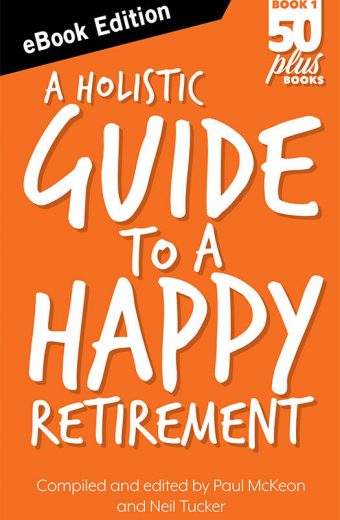What can exercise and nutrition do to help you?
There is no one nutrient or exercise for which a survival benefit in prostate cancer has been demonstrated in a controlled, randomized study — the gold standard of clinical trials. Nevertheless, there is a great deal of evidence that balanced nutrition and regular exercise, coupled with weight loss, can lead to better overall health while reducing your risk of common chronic diseases of aging, including diabetes, heart disease, and stroke.
In the majority of cases, when prostate cancer is detected early, primary surgical or radiation treatment is curative and taking additional steps to prevent the growth of the cancer might seem unnecessary. Nevertheless, men at this stage would do well to take an opportunity to inventory and tune-up their nutritional habits. Remember, maintaining a healthy diet and regularly exercising can be important steps toward preventing other diseases that commonly occur with aging, including heart disease and diabetes.Men with advanced prostate cancer or with disease that has recurred can begin incorporating healthy diet and regular exercise into their regular routines to help slow the progression of disease.
Men who have received hormonal treatments are at particularly increased risk of developing weaker bones and muscles. For these men, endurance training to keep the cardiovascular system strong, and resistance or weight training to keep the muscles strong, coupled with healthy dietary choices focusing on achieving a goal weight, can be integrated into the treatment plan on an ongoing basis.Finally, in men with metastatic or advanced disease, supportive nutrition is most important. Because weight loss and loss of appetite is common in men at this stage of disease, healthy nutrition and ensuring adequate calories is critical to the success of therapy and to the support of a healthy immune system.
The key is to recognize that implementing dietary changes does not mean giving up things you love and that exercising does not mean spending additional time that you don’t have. The key is to see your life in a new way — with a new set of lifestyle changes all designed to turn you from a prostate cancer survivor into a prostate cancer thriver.
Key Points to Remember:
1 Lose body fat: eat fewer calories per day than you burn
2 Maintain muscle mass: increase protein intake and exercise
3 Exercise every day: combine cardiovascular fitness and weight lifting
4 Eat colourful fruits and vegetables: recommended nine servings a day
Working with an Accredited Practicing Dietitian will help you identify “Healthy” and “Unhealthy” foods, while working with a qualified exercise physiologist will help you develop an exercise regimen to keep you fit.
Michael Lawler

